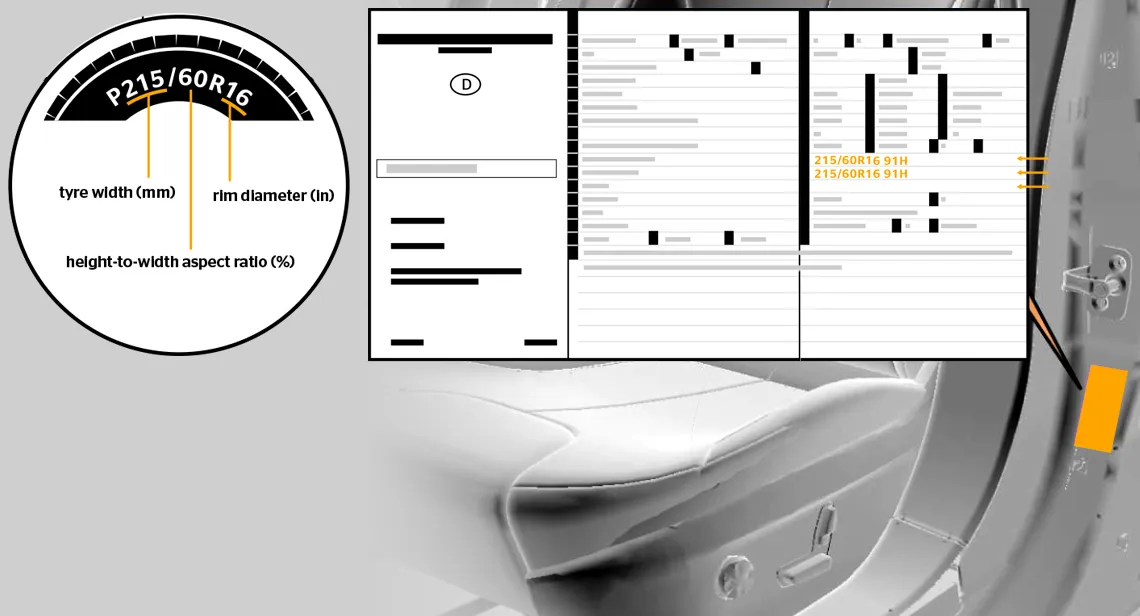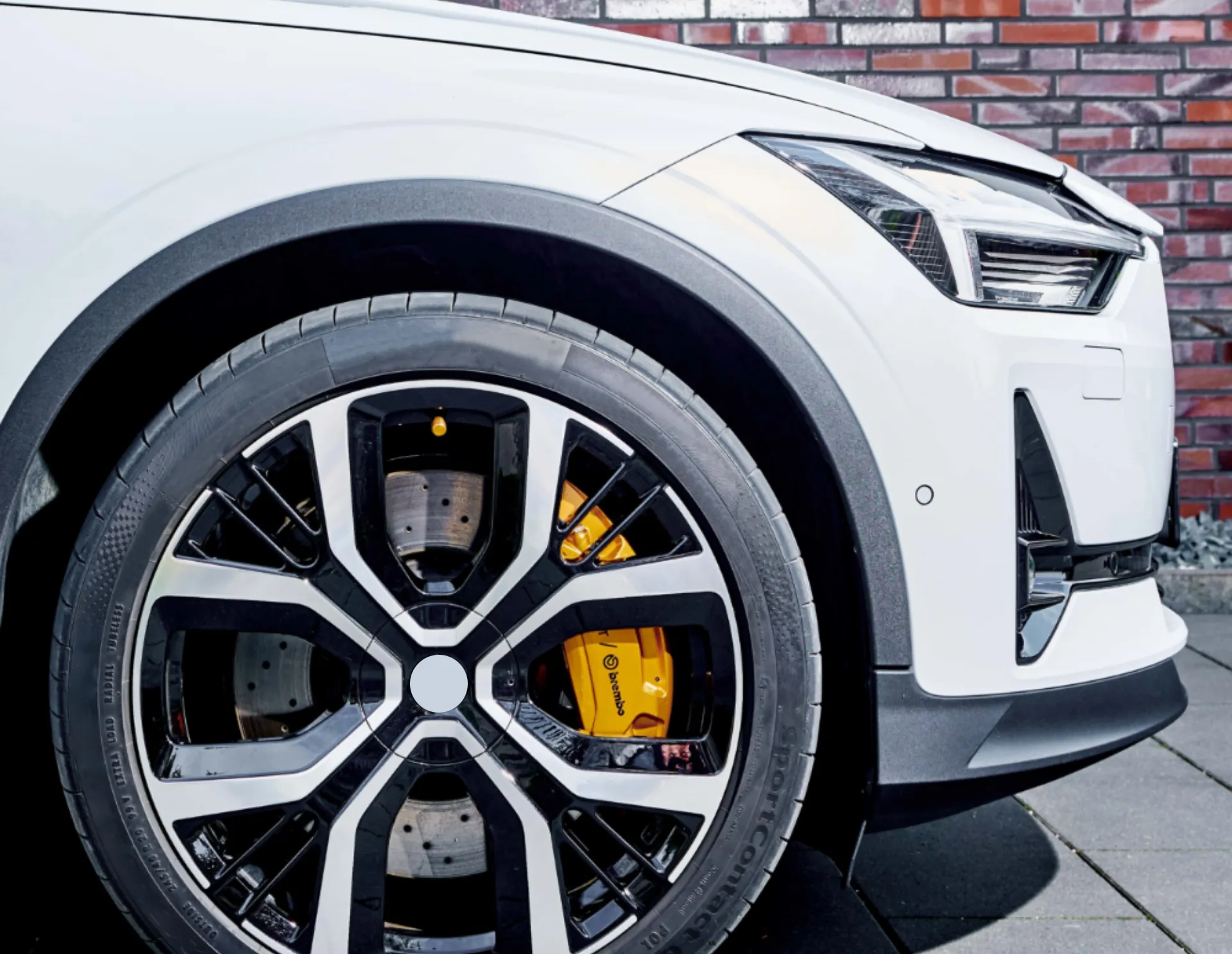
Summer and Bahrain are the two best friends who never forget to hangout with each other throughout the year except for December, January, and February. This friendship can be hazardous for the public when they are on the road particularly in their vehicles such as, engine overheating can be an after effect.
Engine overheating cannot only cause damage to your vehicle but it can be a lifetaking incident. The temperature of automotive vehicles ranges between 195 to 220 fahrenheit. When the temperature rises above this, it causes damage to the car and to your life as well. Your engine performance decreases rapidly with consistent engine overheating and results in detonation of the engine. To keep you protected from any unexpected problems, we are here to guide and suggest some precautions. Before that, you must know the causes of overheating in the engines.
What are the top causes of engine overheat?

One of the top causes of engine overheat includes coolant leakage. Now in order for you to understand how coolant leakage can heat up your car’s engine, you must know how it works and what it is made up of. Car coolants are liquids which are glycol based. Sometimes mixed with water as well. These coolants work as anti heating liquids for the engines. Also called anti-freeze to keep the engine cool and prevent any kind of fire in the engine.
Now when this liquid is leaked, the chances for your car’s engine to catch heat extensively increase. To prevent this antifreeze leakage, you must know the loopholes where it can be leaked from.
Where exactly are the coolant leakages?

Many say that a coolant can be evaporated with the passage of time but do not believe the myths. Evaporation can only take away a few amount of antifreeze liquid in a longer time span. If your car gets heated up, it could be a sign of coolant leakage. Look for the coolant leakage in the following areas.
Radiator Hole

Due to corrosion within the car radiator, it could have a hole in there. There are many chances for the tubes to decay which might lead towards coolant leakage as well.
Sealing Gasket Failure

The gasket which seals the radiator and the tank can wear off and result in coolant leakage as well. This leakage can be tricky to observe.
Failure in the Water Pump

Any kind of problem in the water pump can cause prevention in the flow of coolant in the car engine. Lack of coolant flow in the engine is an obvious fact of engine overheating.
Fragility of Expansion Tank

Engines have a plastic tank besides them which is connected to the radiator. They might at times get fragile after bearing a lot of heat. This might cause a leakage in the coolant while resulting in heating the car engine.
What Should Be Done?

Keeping in mind the main reason behind overheating in an engine, make sure that you proactively check these parts of your car to ensure that there is no leakage. Although this is one of the major reasons behind engine heating, there could be some other reasons as well.
As water in the engine is used in the wind screen showers, there are chances that it might end due to frequent usage. So, along with keeping a check over the coolant leakage. Make sure you keep an eagle eye over the level of water in your engine to protect your vehicles from overheating.Clogged hoses could also heat up the engine. Along with these precautions make sure you don’t let your tyres burn in the scorching heat. Check out our generation 6 tyres now.







